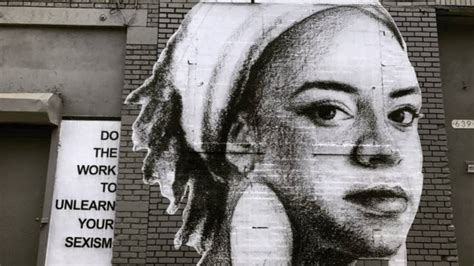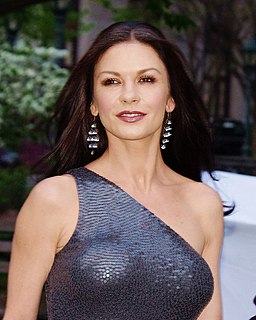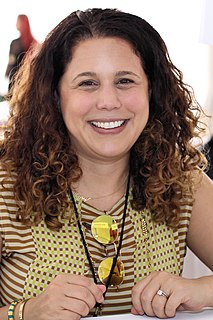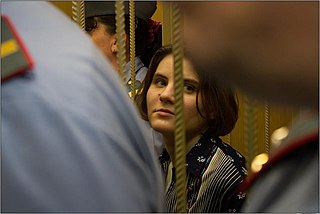A Quote by Marjorie Liu
I'm a writer and a feminist of color, and I've written complex, powerful women for my entire career. I'm just one voice, but there are many others like me.
Related Quotes
Radical militant feminist believes that women of color and Black women in particular have written the cutting edge theory and really were the individuals who exploded feminist theory into the directions that has made it more powerful. So I see us as the leaders not just of Black people and Black women in terms of feminism but in terms of the movement as a whole.
Here's my feeling: For everyone, men and women, it's important to be a feminist. It's important to have female characters. It's wonderful for women to mentor other women, but it's just as important for women to mentor men and vice-versa. In my line of work, having Greg Daniels be such a great mentor to me is fantastic. Finding a writer's assistant, be it a man or a woman, and encouraging them to think with a feminist perspective, is key.
It's not a matter of whether the reviews of your books are good or bad, it's about being taken seriously, both as a woman writer and as a writer of color. Also, it worries me when people point to a couple of women writers or writers of color who get some attention - and I am sometimes pulled into that category - to prove that others are getting a fair shot. It's like those people who keep saying that racism no longer exists in this country because Barack Obama was a President of the United States.
I think there are many feminists who would say that I am not a feminist. I love women, I have a lot of girlfriends, I admire them, they make so much more sense to me than men, and I feel like the world is a better place when women are in charge. So that kind of by default makes me a feminist. I love working in a female world.
I consider myself 100 percent a feminist, at odds with the feminist establishment in America. For me the great mission of feminism is to seek the full political and legal equality of women with men. However, I disagree with many of my fellow feminists as an equal opportunity feminist, who believes that feminism should only be interested in equal rights before the law. I utterly oppose special protection for women where I think that a lot of the feminist establishment has drifted in the last 20 years.
I just got asked by another journalist 'Are you a feminist?' and I was just like... Is there a strange thing at the moment where you have to come out as a feminist? I've been asked if I'm a feminist so many times recently, and I'm just like 'Yes, yes, for God's sake, yes! Is there something that I give off that says I'm not?'
There were others, women with stories that were told in a quieter voice: women who hid Jewish children in their homes, putting themselves directly in harm's way to save others. Too many of them paid a terrible, unimaginable price for their heroism. And like so many women in wartime, they were largely forgotten after the war's end.There were no parades for them, very few medals, and almost no mention in the history books.
At the beginning of my career, a more senior photographer told me to shoot stories on women and I didn't want to. But I spent two and a half years in India and chose to do stories about women because I was shocked by their treatment. My stories in the Middle East and on the border of Europe and Asia were a response to my time in India. They weren't driven by a feminist idea but when you're moved by women's issues in these countries you can't help becoming a feminist somehow.
I am a feminist and an advocate for women's right to self-determination. I want a society in which women can voice their political views. We have shown that girls like us can perform courageous acts. By doing so, we are breaking up the prevailing image of women in Russia. We are not the weak sex. We don't always just sit at home, cook and take care of the kids.



































